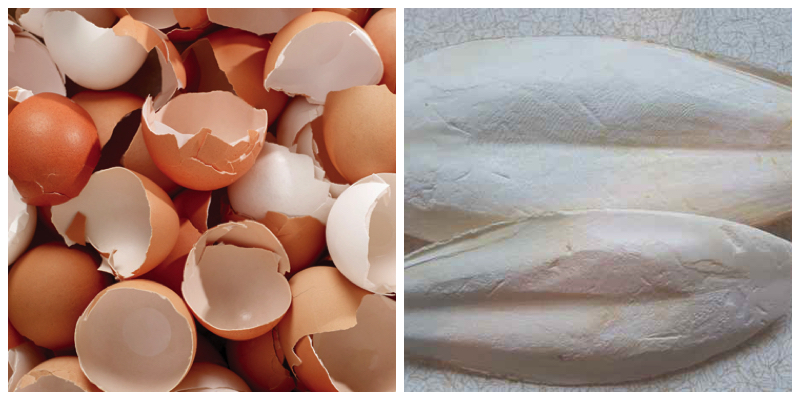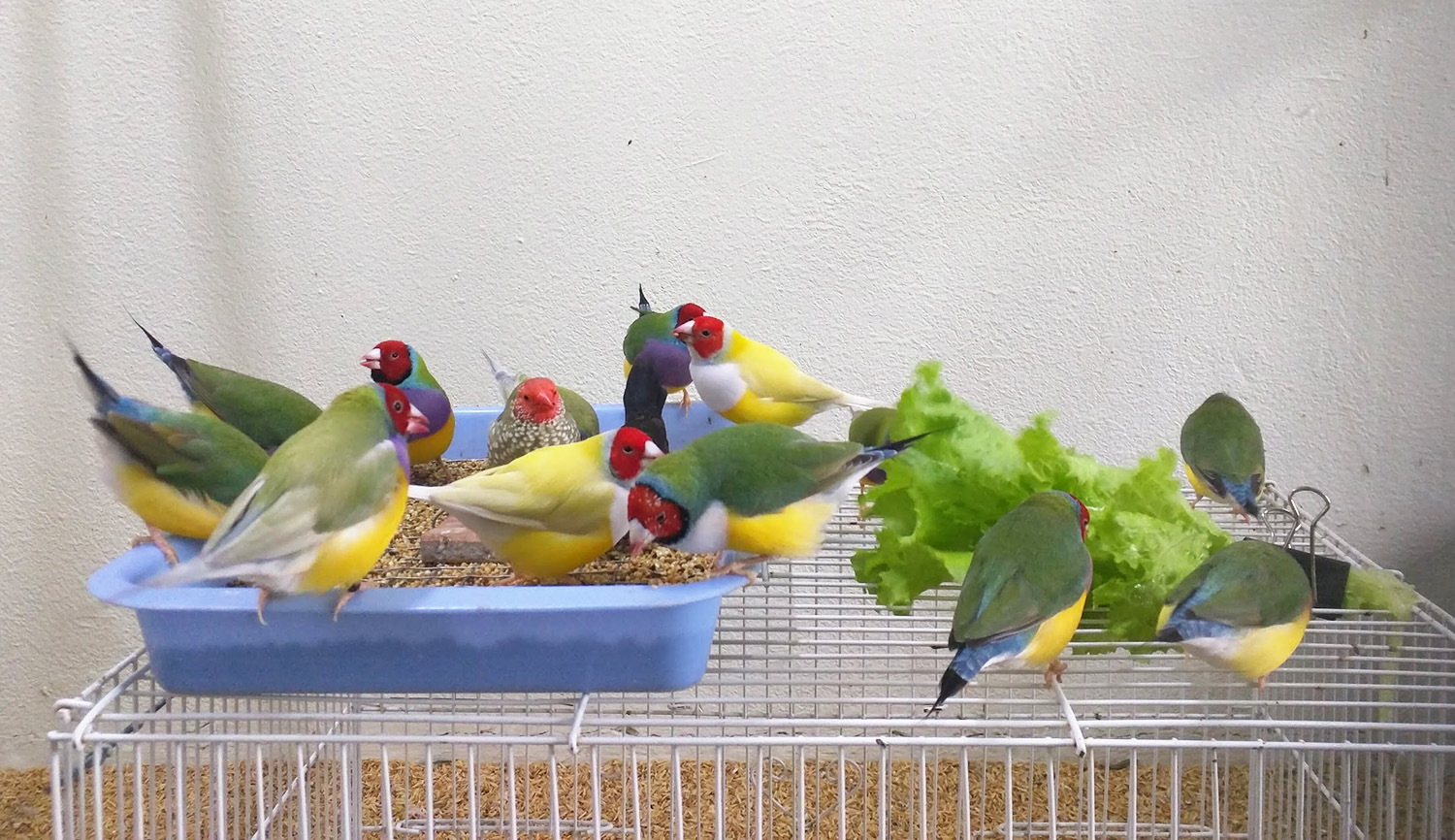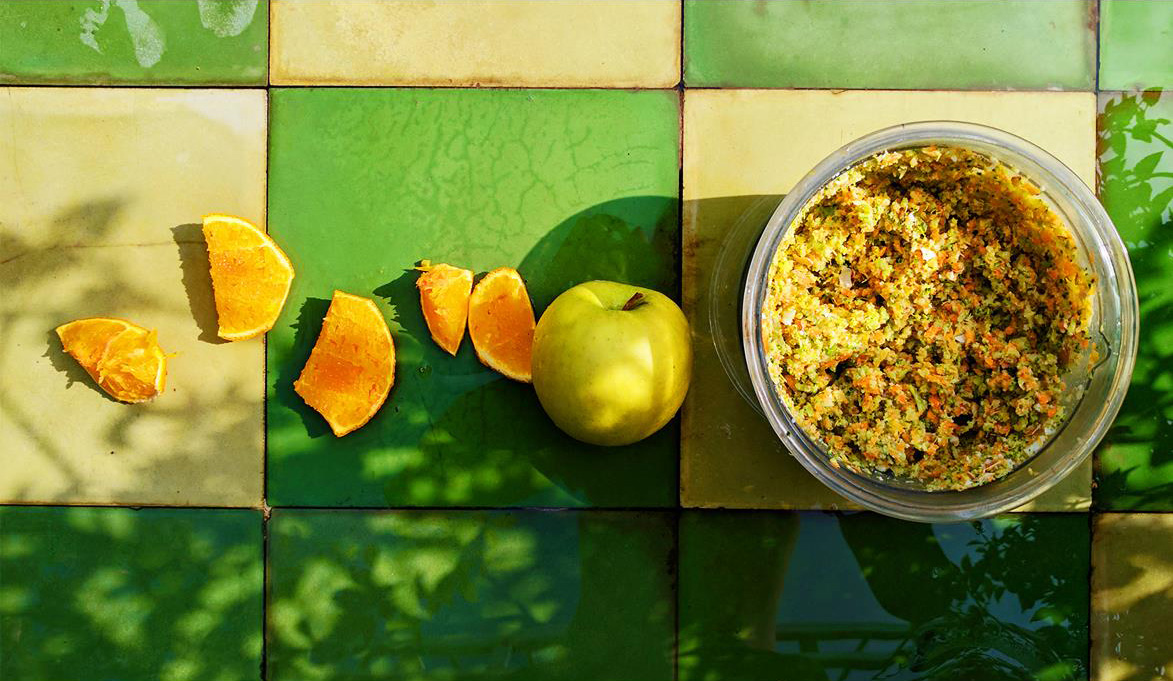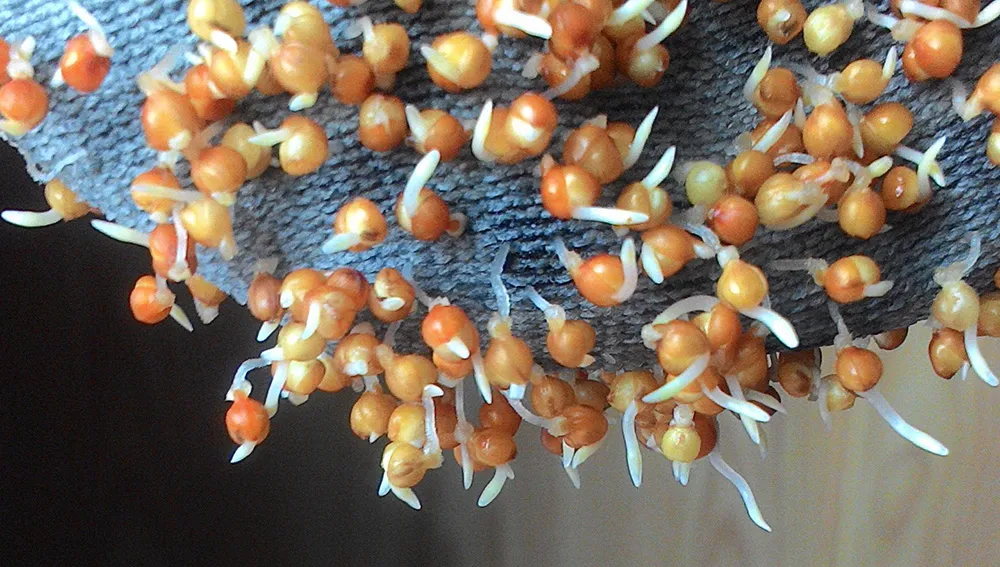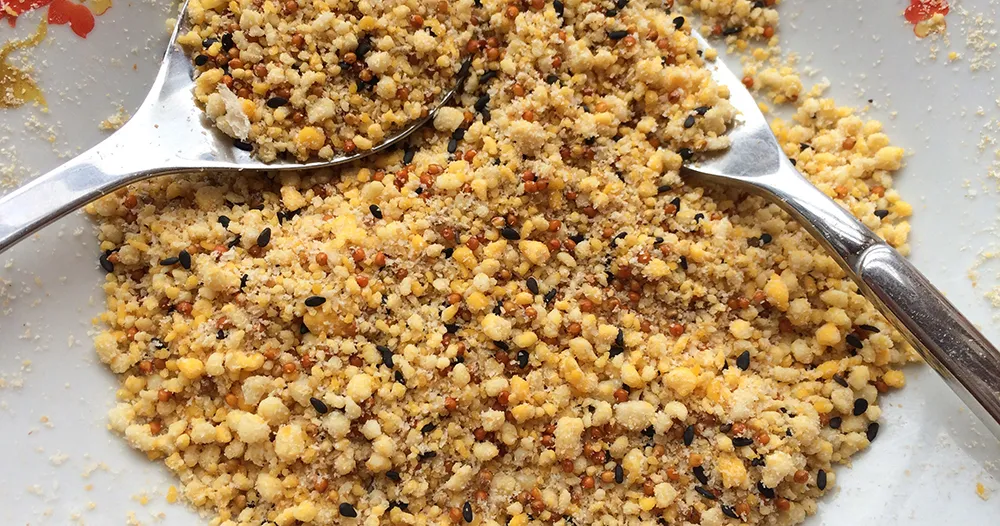
Best Nutrition for Finches - Keeping Your Feathered Friends Healthy
By longnkp / May 05 2024 / Nutrition
Finches are delightful birds known for their vibrant plumage and cheerful chirps. As a finch owner, ensuring your feathered friends receive proper nutrition is essential for their health and well-being. In this article, I will help you discover the best ways to raise your finches, ensuring a long and happy life.
Seed Mix: The Foundation of a Finch Diet
Seeds are a crucial part of a finch's diet, mimicking their natural food sources. However, not all seed mixes are created equal. Look for a high-quality mix that contains a variety of seeds like millet, canary seed, niger seed, and flaxseed. Avoid mixes with excessive sunflower seeds, which are high in fat.

Some types of seeds for finch: Millet, Rape Seed, Canary Seed, Sesame, Niger Seed
Supplements: Secrets of successful bird breeders
In addition to their main diet, finches also need additional food supplements.
- Eggshells: Eggshells are a readily available source of calcium, which is crucial for bone health and egg production. A calcium deficiency can lead to brittle feathers, egg-binding, and other health problems. Before giving eggshells to your finches, boil them thoroughly and then dry them to eliminate any harmful bacteria.
- Cuttlebone: Similar to eggshells, cuttlebone is a rich source of calcium. It also contains iodine, which is particularly important for finch species native to Australia, such as the Gouldian finch. Iodine deficiency is a common problem in Australian finches, leading to respiratory issues, delayed molting, poor reproduction, and poor feather quality.
- Grit, sand, and soil: Finches, like other birds, lack teeth. They ingest small particles of grit, sand, and soil to aid in the digestion of seeds and other food items. These materials act like tiny grinding stones in their gizzards, helping to break down food particles and extract nutrients.
- Fruits and Veggies: Finches enjoy a burst of freshness! Supplement their seed mix with chopped or grated fruits and vegetables. Good options include apples (core removed), pears (core removed), broccoli florets, grated carrots, and leafy greens like spinach or kale. Introduce new foods slowly to avoid stomach upset.
- Mealworms and Eggs: Finches need protein, especially during breeding season. Mealworms are a fantastic treat, offered live or dried in moderation. You can also offer small amounts of scrambled or boiled egg (remove after 2 hours).
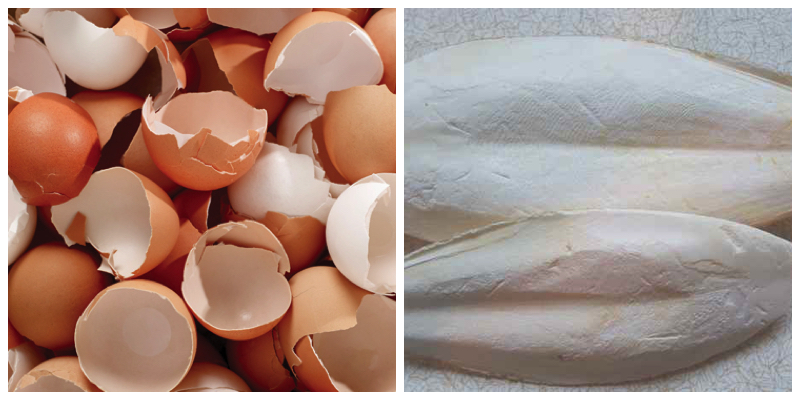
Eggshell and Cuttlebone
Sprouting Seeds: A Nutritional Boost
Sprouted seeds are a delightful and nutritious treat for finches. Soaking seeds like millet or canary seed overnight increases their vitamin and mineral content. Rinse them thoroughly before offering to prevent mold growth. For detailed instructions, read the article How To Sprout Seeds For Your Birds
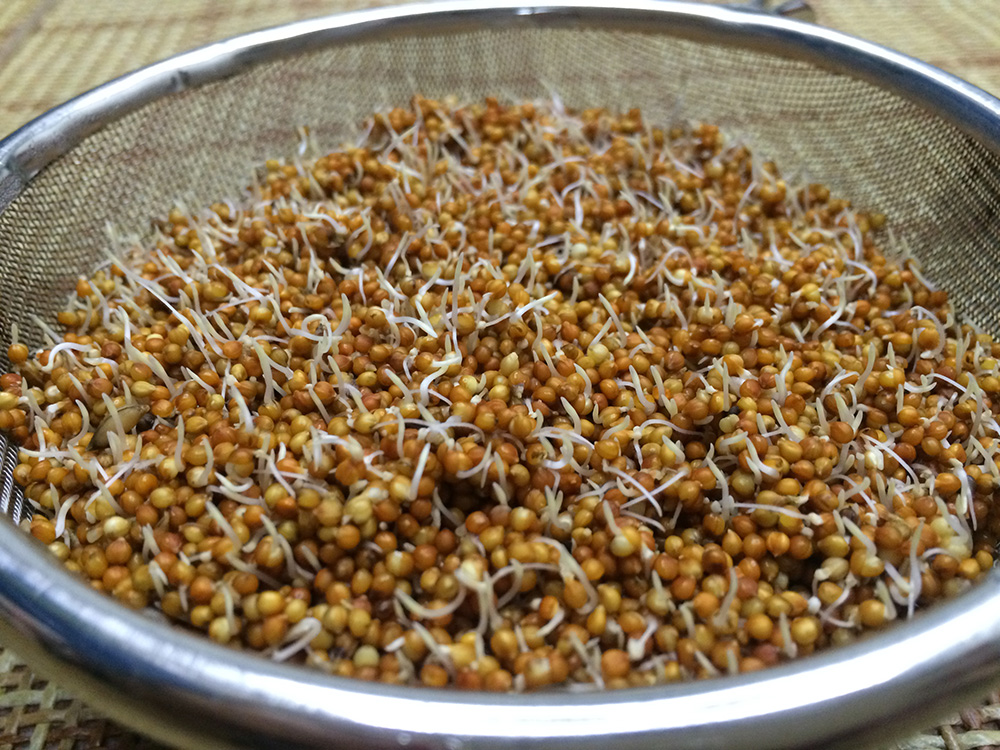
Sprouting Seeds for Finches
Remember:
- Consult your veterinarian for specific dietary advice for your finch's species and age.
- Store food in airtight containers to maintain freshness.
- Remove uneaten food after a few days to prevent spoilage.
By following these tips, you can provide your finch with the best possible nutrition, ensuring a long and healthy life filled with beautiful songs.
Relative Posts
Recent Posts
- Unlocking the Secrets of Calcium for Healthy Captive Birds
- Hand Feeding Finches
- Why Parents Toss Chicks and How to Help
- Fostering Finches: Ensuring the Survival of Your Feathered Friends
- Sunshine and Finches: A Guide for Indoor Bird Keepers
- Air Sac Mites in Finches: Understanding, Preventing, and Treating
- Introducing New Foods to Your Finch
- Homemade Finch Food Recipes
- Choosing Breeding Gouldian Finch Pairs
- How to Choose a Nest Box for Your Finches

